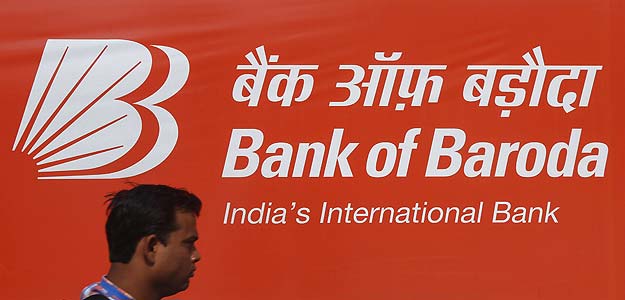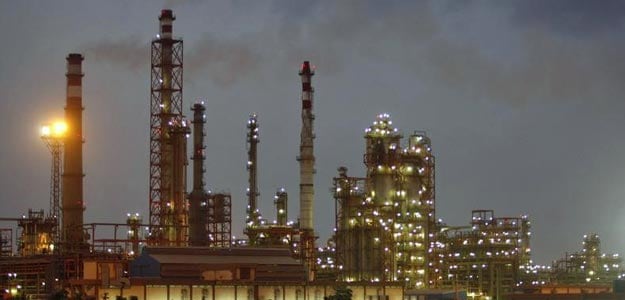
Bank
of Baroda on Thursday reported a 23 per cent annual decline in its net
profit for the April-June quarter on higher provisions for bad loans.
But its net profit was better than the Street's estimates.
Bank of Baroda's net profit came in at Rs 1,052 crore in Q1, against Rs 1,362 crore in the corresponding quarter of last fiscal. As per Bloomberg's consensus brokers estimate, its net profit was seen at Rs 901 crore.
Its net interest income (NII), which is the excess of interest earned over interest expended, increased 4 per cent annually to Rs 3,460 crore against Rs 3,328 crore.
The public sector lender also witnessed deterioration in its asset quality in the June quarter. Its gross nonperforming assets (GNPA) increased to 4.13 per cent of total advances against 3.72 per cent sequentially. Its net nonperforming assets increased 18 basis points to 2.07 per cent sequentially.
On an absolute basis, Bank of Baroda's GNPA stood at Rs 17,274 crore against Rs 16,261 crore in the March quarter.
Bank of Baroda made a total provision of Rs 600 crore in the Q1 against Rs 527 crore year-on-year, an annual increase of 14 per cent.
Banking analysts Hemindra Hazari said Bank of Baroda's Q1 earnings are better than estimates but asset quality remains a concern.
As of 11.33 a.m., Bank of Baroda shares traded 3.4 per cent higher at Rs 158.25 compared to 0.92 per cent gain in the benchmark Bank Nifty.
Bank of Baroda's net profit came in at Rs 1,052 crore in Q1, against Rs 1,362 crore in the corresponding quarter of last fiscal. As per Bloomberg's consensus brokers estimate, its net profit was seen at Rs 901 crore.
Its net interest income (NII), which is the excess of interest earned over interest expended, increased 4 per cent annually to Rs 3,460 crore against Rs 3,328 crore.
The public sector lender also witnessed deterioration in its asset quality in the June quarter. Its gross nonperforming assets (GNPA) increased to 4.13 per cent of total advances against 3.72 per cent sequentially. Its net nonperforming assets increased 18 basis points to 2.07 per cent sequentially.
On an absolute basis, Bank of Baroda's GNPA stood at Rs 17,274 crore against Rs 16,261 crore in the March quarter.
Bank of Baroda made a total provision of Rs 600 crore in the Q1 against Rs 527 crore year-on-year, an annual increase of 14 per cent.
Banking analysts Hemindra Hazari said Bank of Baroda's Q1 earnings are better than estimates but asset quality remains a concern.
As of 11.33 a.m., Bank of Baroda shares traded 3.4 per cent higher at Rs 158.25 compared to 0.92 per cent gain in the benchmark Bank Nifty.



